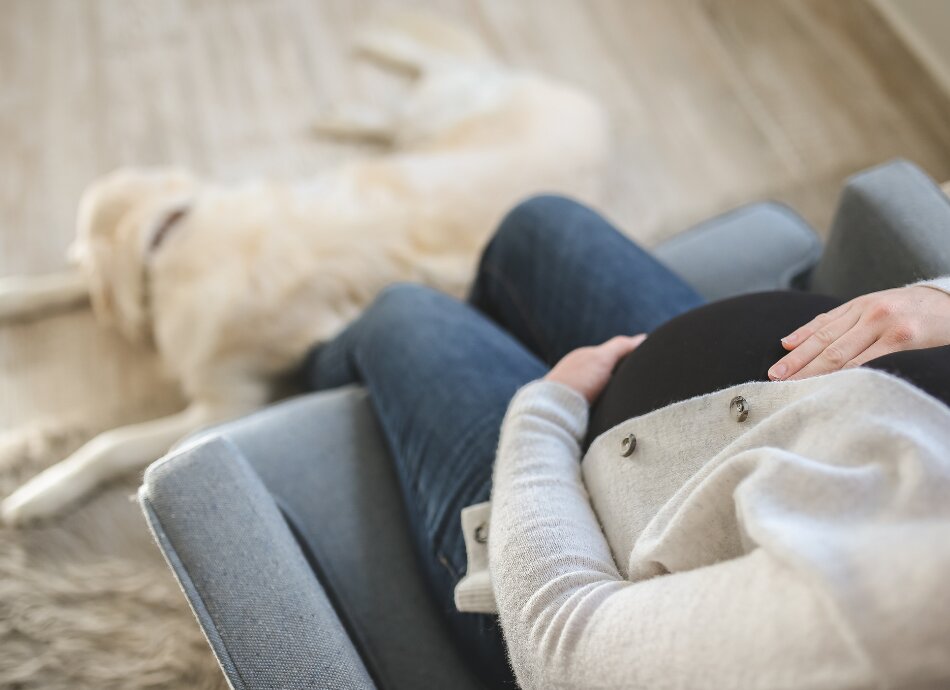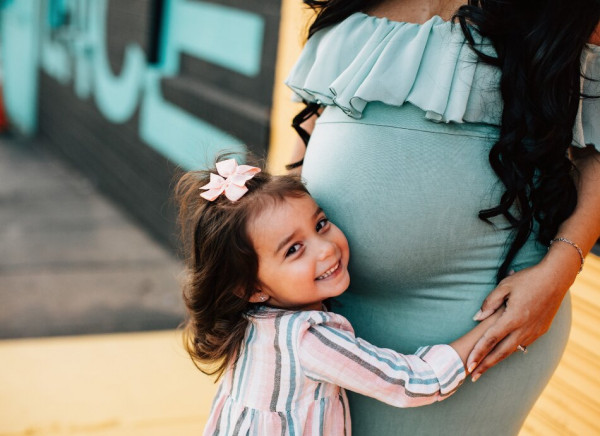Smoking while you're pregnant can cause problems for both mum and baby. It increases your risk of:
- miscarriage
- ectopic pregnancy (where the fetus develops outside the womb)
- bleeding during the last months of pregnancy – which can be life-threatening for you and your baby
- premature labour (before 37 weeks) which can cause breathing, feeding and health problems
- your baby dying in the womb (also called stillbirth) or shortly after birth
- your baby being born with abnormalities, eg, a cleft lip or cleft palate.
Smoking affects the growth of babies in the womb. It reduces the supply of oxygen and nutrients that pass through the placenta, from you to your baby. Babies born to mothers who smoke typically weigh less than infants born to women who don't. Smaller babies don't mean a shorter or easier labour. They can often have problems during and after labour. For example, they're more likely to have problems keeping warm and are more likely to get infections
The long-term effects
The effects of smoking on your unborn baby can have long-term effects on their growth and development. Babies and children whose mothers smoke during pregnancy have a greater chance of:
- sudden and unexplained death (also called sudden infant death syndrome or SIDS)
- asthma, pneumonia, chest and ear infections
- behaviour problems , eg, ADHD.







